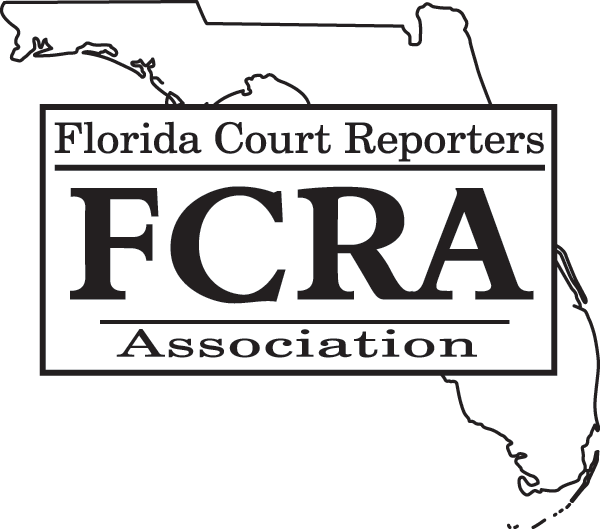Code of Professional EthicsA Member Shall: Conduct oneself professionally to serve the best interests of the Bench, Bar and public, and to provide the highest standard of practice. Have knowledge of and follow local, state and federal court rules applicable to court reporting and the protection and production of the record. Be truthful and accurate when making public statements or when advertising the Member's qualifications or the services provided. The Member shall accurately represent qualifications regarding level of knowledge, skill or competence of court reporting services required. Ensure all litigants are treated impartially, equally, and fairly, and promptly offer to provide comparable services to all parties. Preserve the confidentiality and ensure the security of information entrusted to the Member by any of the parties. Accept no assignment that may represent or give the appearance of a conflict of interest. A Member shall disclose any conflict or potential conflict that may arise. Refrain from giving, directly or indirectly, any gift or anything of value to attorneys or their staff, other clients or their staff, or any other persons or entities associated with any litigation, which exceeds $100 in the aggregate per recipient each year. Nothing offered in exchange for future work is permissible, regardless of its value. Guard against not only the fact but the appearance of impropriety. Maintain the integrity of the reporting profession.
FCRA’s Commentary on Provision No. 7 Discussion: What is a Gift? Gift, for purposes of this code, is defined broadly to include any item, gratuity, favor, entertainment, hospitality, or other item having monetary value. Incentive programs and reward programs are deemed impermissible under the terms of this code. A gift is a voluntary act which does not require anything in return. A gift given in connection with a particular court reporting assignment, where terms of the receipt of such gift have been prearranged, is impermissible under the terms of this code. Anything of value offered with any contingency or that requires an action of fulfillment of certain obligations on behalf of the recipient would thereby change the nature of the transaction from a "gift" to an "incentive" or "reward" and is impermissible. FCRA recognizes that gifts of nominal value, such as pens, pencils, coffee mugs and other advertising paraphernalia, or modest forms of meals and entertainment, do not compromise the reporter or firm’s appearance of impartiality and are permissible. What is the Value of a Gift? The size or value of a gift is measured by its retail or fair market value. Fair market value is what the recipient would reasonably expect to pay if they were to purchase the gift for themselves from generally accessible sources. The actual cost incurred by the firm or individual providing the gift is irrelevant. What is the $100 Aggregate Limit? Such gifts that do not exceed $100 in aggregate value per recipient per year are considered nominal and are permissible. These aggregate limits apply to the individual person who is the recipient and beneficiary of the gift. Pro Bono Services Allowed: Adhering to the Spirit of the Provision: The purpose of the gift giving restrictions is to discourage practices by court reporting companies and/or individual court reporters that in the past have been viewed to undermine the critical role court reporters play as impartial and neutral officers of the court. The purpose of these restrictions is not to inhibit legitimate forms of price competition. These restrictions are similar in scope and nature to those placed on other professions both within and outside the legal field. |

